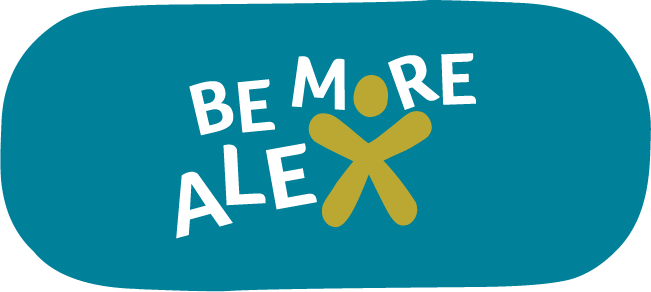
Alex’s Wish gives £50,000 grant to Solid-GT
October 15, 2016 7:53 amAlex’s Wish partners with Solid-GT and funds important Gene Therapy Development
We would like to thank all of our supporters who have enabled us to give a £50,000.00 grant to Solid-GT to support their Gene Therapy Development.
“Solid is proud to establish meaningful and impactful relationships with DMD charities to accelerate the progress of as many of our programs as possible,” said Kerry Rosenfeld, lead of Solid Patient Advocacy in Europe. “We believe this work will bring us closer to finding effective treatments for this devastating disease.”
Gene therapy is a therapeutic approach that aims to significantly slow or even halt the progression of Duchenne muscular dystrophy by delivering the dystrophin protein throughout the body.
Solid Biosciences chose to form Solid GT and focus initial efforts on gene therapy due to the significant progress in our understanding of the dystrophin gene, recently reported successes in gene therapy clinical development and advances in gene therapy manufacturing.
Facts Important For Gene Therapy Development
Solid GT’s lead program is an adeno-associated virus (AAV) micro-dystrophin gene therapy candidate, which aims to enable the systemic delivery of a shortened yet functional version of the dystrophin gene to the body. In addition, we are actively exploring other potential gene therapy candidates that could be beneficial for Duchenne muscular dystrophy.
The vehicles that enable widespread delivery of these genes to the body are small viruses, derived from adeno-associated viruses or AAV. These viruses are not known to cause diseases and are currently being explored for the delivery of therapeutic genes for many genetic disorders. However, the gene carrying capacity of the viruses is too small to carry the entire dystrophin gene.
Over the past two decades, design improvements to minimize the size of the dystrophin gene have resulted in micro-dystrophin genes that are believed to retain the most critical components of the larger version yet are small enough for the AAV to carry.
Solid chose to pursue gene delivery of micro-dystrophin because this approach has the potential to restore widespread functional dystrophin expression regardless of a patient’s specific mutation. Results from two preclinical studies have demonstrated that a single administration of the AAV-micro-dystrophin vector led to significant expression of the micro-dystrophin protein in skeletal and cardiac muscles, as well as improvements in muscle histology and function.
Currently, Solid GT is conducting a number of key studies that are intended to enable us to enter the clinic in 2017. Solid GT is performing this research in collaboration with the University of Missouri, the University of Washington, the University of Florida and Texas A&M University.
For more information please visit Solid GT’s website
Posted in Funding, Research News

